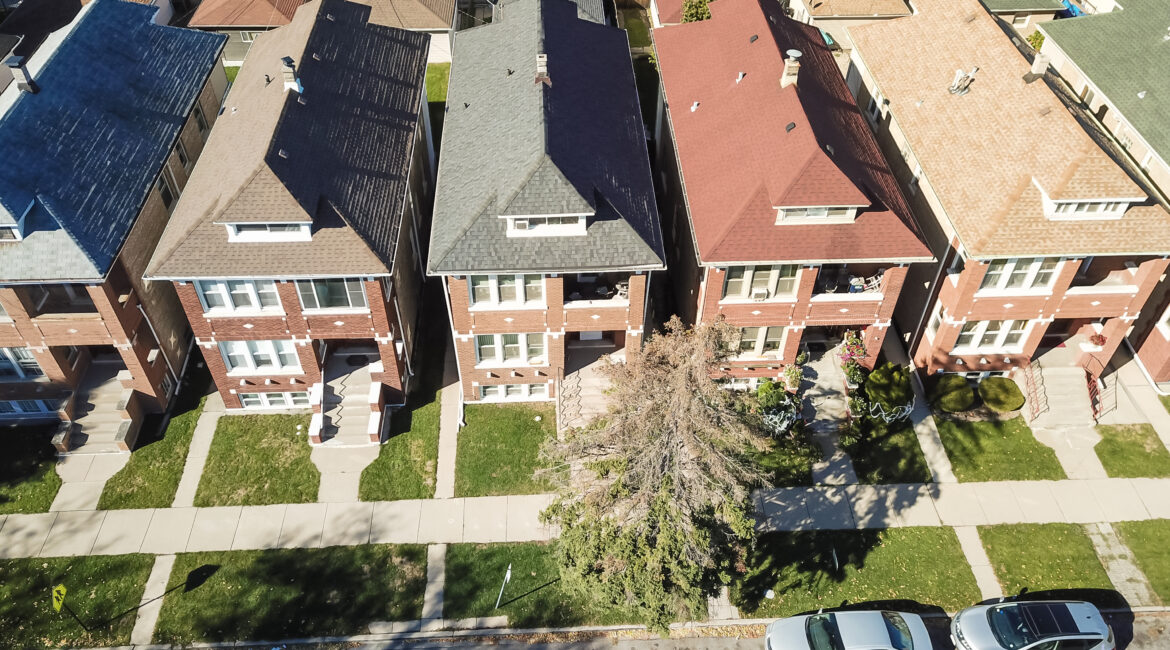Starting on a journey in property management in Illinois is both exciting and challenging. This field, vital in the real estate sector, requires a blend of skill, knowledge, and adaptability. For beginners stepping into this realm, understanding the basics is key to navigating the complexities of property management. This article aims to provide a comprehensive overview, covering the various types of property management, licensing requirements, fundamental duties, and more.
What is Property Management?
Property management is the overseeing of real estate properties, ensuring they are well-maintained, financially viable, and compliant with all legal standards. It’s a multifaceted role that demands a balance between addressing the needs of property owners and ensuring tenant satisfaction. The primary objective of property management is to preserve the value of the property while generating income.
Property Management Duties and Responsibilities
The duties and responsibilities of a property manager in Illinois are extensive. These professionals are responsible for setting and collecting rent, which is crucial for maintaining cash flow and ensuring the profitability of the property. Rent collection involves determining the right rental rate, adjusting it according to market trends, and efficiently handling late payments or defaults.
Property inspections are another critical duty. Regular inspections ensure the property is in good condition, identifying and addressing any issues before they escalate. This proactive approach helps in maintaining the property’s value and ensuring tenant safety.
Repair and maintenance services are integral to property management. This includes routine maintenance, emergency repairs, and coordinating with contractors for larger projects. Effective management of these tasks ensures that properties remain habitable and attractive to current and potential tenants.
Lastly, accounting services hold a pivotal role. Property managers actively manage the budget, maintain detailed financial records, and ensure the accuracy and transparency of all financial transactions related to the property. They diligently track income and expenses, prepare financial reports, and ensure compliance with tax laws.
Types of Property Management in Illinois
In Illinois, property management can be divided into several categories. Residential property management focuses on apartments, houses, and condominiums. Commercial management, on the other hand, deals with business properties, including office spaces, retail units, and shopping centers. There’s also industrial management, which involves managing large industrial properties or warehouses. Each type requires a unique approach and set of skills, reflecting the diverse needs of different properties and their occupants.
Licensing Requirements
In Illinois, anyone who engages in property management must hold a valid Real Estate License issued by the Illinois Department of Financial and Professional Regulation. This requirement underscores the professionalism and expertise needed in this field. To obtain a license, one must complete a specified number of hours in real estate education and pass a state-administered exam. Continuing education is also required to maintain the license, ensuring property managers stay updated with the latest laws and practices.
Conclusion
Property management in Illinois offers a dynamic and rewarding career path for those willing to delve into the intricacies of real estate management. With a solid understanding of the various types of property management, and licensing requirements. Core responsibilities, beginners can build a successful career in this field. It’s a profession that not only demands a wide range of skills but also offers the satisfaction of playing a vital role in the real estate industry.






